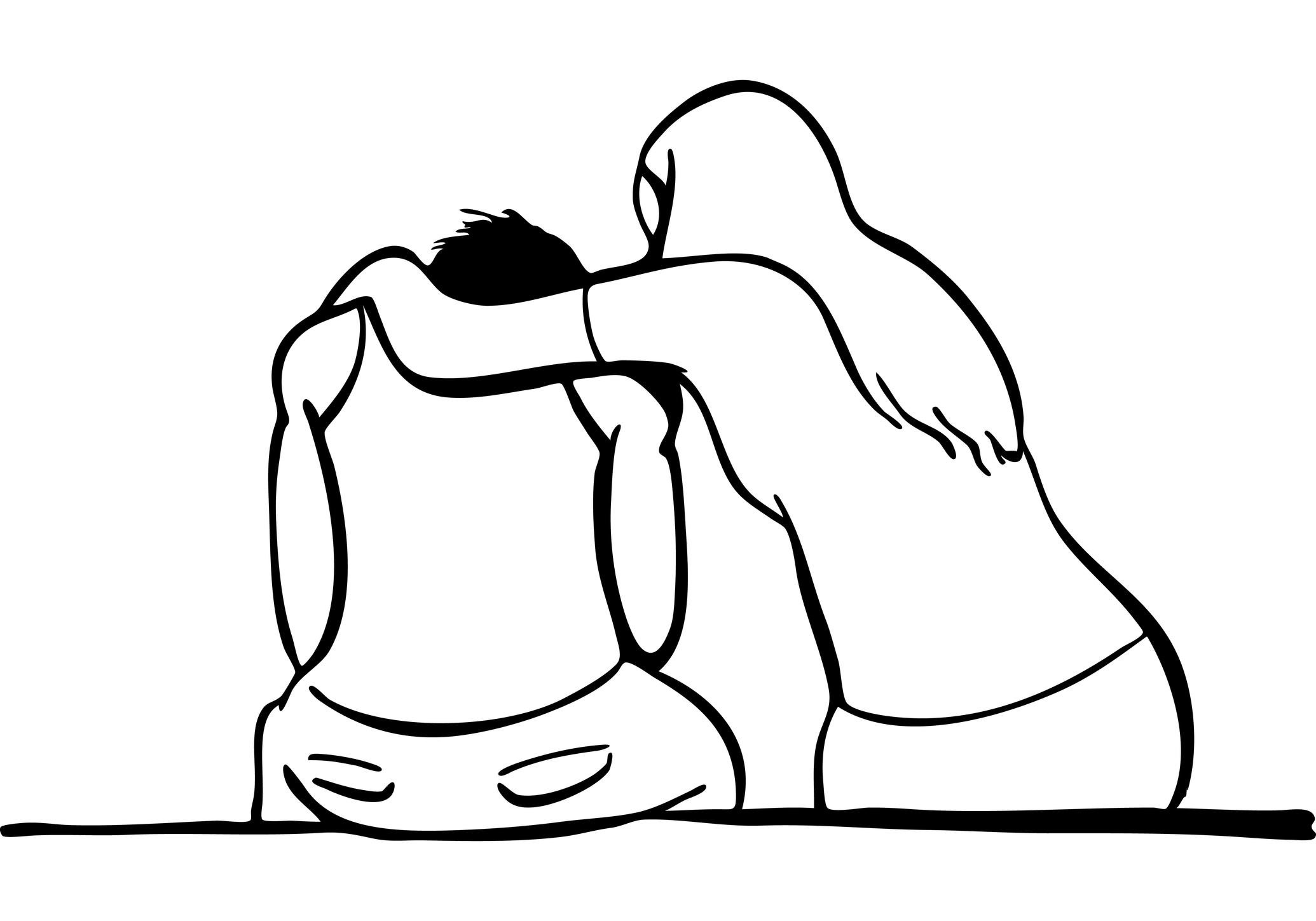Åse and I were very lucky to attend a conference on ‘Understanding Adolescents’ recently and it has given us a lot of pause for thought. This area of life is such a momentous one and the role of the parent is more crucial than ever. Top of the list is keeping an eye on mental health issues in adolescence.
Increasingly, adolescents are showing signs of anxiety, self-harm and depression. This often stems from the many labels and stereotypes that are handed out, coupled with the internet and social media world they live in. Cyberbullying is almost a way of life and sexting and pornography pressure a constant battle. Throw academic pressure into the mix and you can see why many teenagers are reporting experiencing panic attacks and degrees of anxiety on a daily basis. Anxiety can be apprehension over a real or perceived problem and can sometimes be hard to detect, but it is our job as parents to notice!
Warning signs to look out for:
1. Regular complaining about headaches, chest pain or dizziness.
Anxiety is not just in the mind – it affects the body, too.
2. Insomnia
If your child is more tired than usual or starts complaining about finding it hard to sleep this could point to anxiety issues.
3. Panic attacks
This is when adrenaline pumps through your body and you experience a faster heart rate, sweating or feel dizzy.
4. Changes in mood
All teenagers can be moody – but watch out for big mood swings and emotional outbursts not in keeping with their normal personality.
5. Changes in diet
Unless they are training for a marathon, if your child suddenly starts to eat more/less or suddenly gain/lose weight – notice!
6. Changes in social habits If your teen suddenly stops a hobby or socialising or starts hanging out with a new group…find out more. It could be they are escaping from a situation causing them anxiety.
If you’re worried?
Be careful how you tackle them on any of the signs above. Your role is care and support without judgement or decrees.
1. Don’t jump to conclusions or make assumptions– but find out more about how they are feeling.
2. Don’t have a ‘worry or pity’ face when you talk to them. Be open and as matter of fact as possible (show your worries and concerns when you’re alone) otherwise they’ll end up having to re-assure you which could add to their anxiety or worries.
3. Let your child make decisions. By all means suggest routes to follow but your role is support and not to control them.
4. Suggest your child talks to a GP or school counsellor or get in touch with an online support service such as:-

